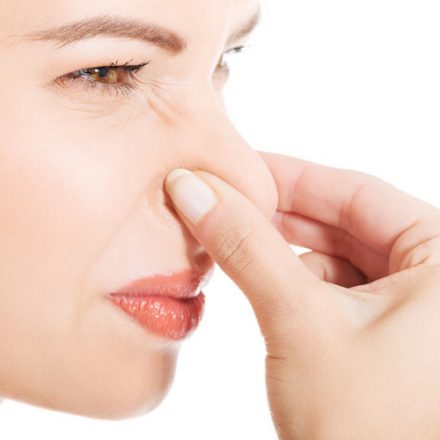
Halitosis (Bad Breath):
Halitosis, commonly known as bad breath, can be caused by many different factors. Some causes are simple and benign, for example poor oral hygiene resulting in collection of decaying food particles in the mouth. Occasionally, it may be something more sinister like the pungent smell of pus from a serious infection. In some cases, it may have nothing to do with the mouth or teeth. Instead, it may even be an airway infection. Because of the many possible causes, bad breath should always be investigated by a dental professional.
Perhaps the most common cause of bad breath is poor oral hygiene. If the mouth is not regularly and properly cleaned, food particles can collect around the teeth and on the surface of the tongue and gums. In addition to the smell of decaying food particles, the natural bacteria that occupy the mouth will start to release foul odours whenever a food source is available to them. Because of this, it is important to brush your teeth twice a day, floss once a day and brushing lightly across the tongue, all to remove food debris and control the level of bacterial growth in the mouth. Some mouthwashes may also help wash out food particles. A professional clean every 6 months will help remove bacteria and food debris that cannot be reached with toothbrushes and dental floss.
Dry mouth, also known as xerostomia, can also cause bad breath. In a healthy person, around one litre of saliva is produced every day, constantly washing the mouth of food and bacteria. Individuals with dry mouth will collect far more debris in their mouths, possibly resulting in bad breath. The most effective way to combat dry mouth is to drink more water throughout the day. Our dentists may also suggest other strategies to improve your dry mouth.
Other causes of bad breath may be due to lifestyle choices such as smoking, tooth and gum infections, tonsil stones, or even airway/gut infections. If you have other symptoms in addition to bad breath, for example tooth/gum/chest pains, unusual swellings, fever, cough with discoloured mucus, please contact our dentists for a thorough examination.
